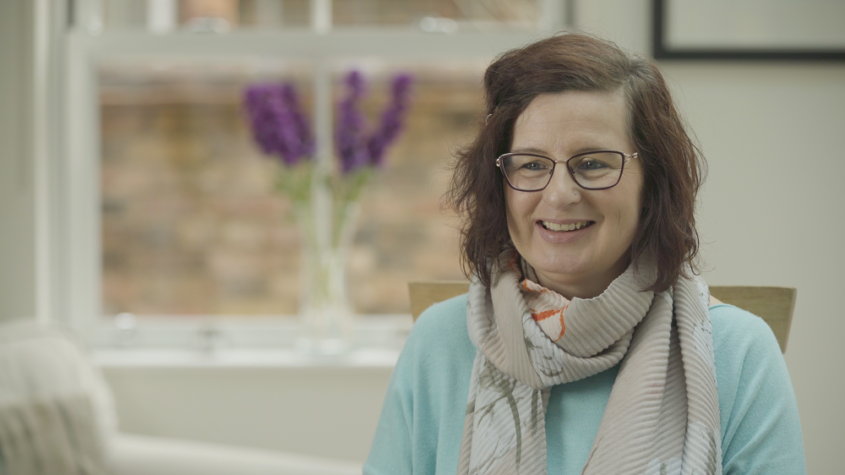Spending time together
The person you are caring for may want relatives, children or pets to be with them in the last weeks of their life. This can be comforting for everyone. If your family member is staying in a hospital or hospice, you can ask whether relatives can stay overnight and if pets are allowed to visit.
If your family member would like some time alone with their partner, they could ask their nurses if this is possible, especially if they are in a hospice or hospital. Many people want time to be close and intimate in private and the healthcare team will do all they can to help.
There may be things you’d like to say to your family member while they are still well enough. You might want to talk about their hopes and wishes, or share memories. You may want to talk about practical things like financial issues, their will, or what they want to happen after they die. Read more information on making plans.
You may just want some quiet time together to say goodbye. Sometimes, people can put things off or feel that it’s too late to start these conversations. But it can be helpful and reassuring for everyone to talk about these things early on. Read information on talking about dying.



